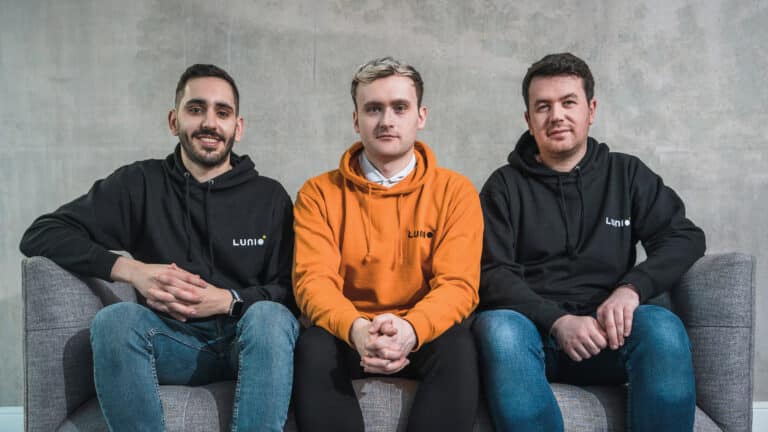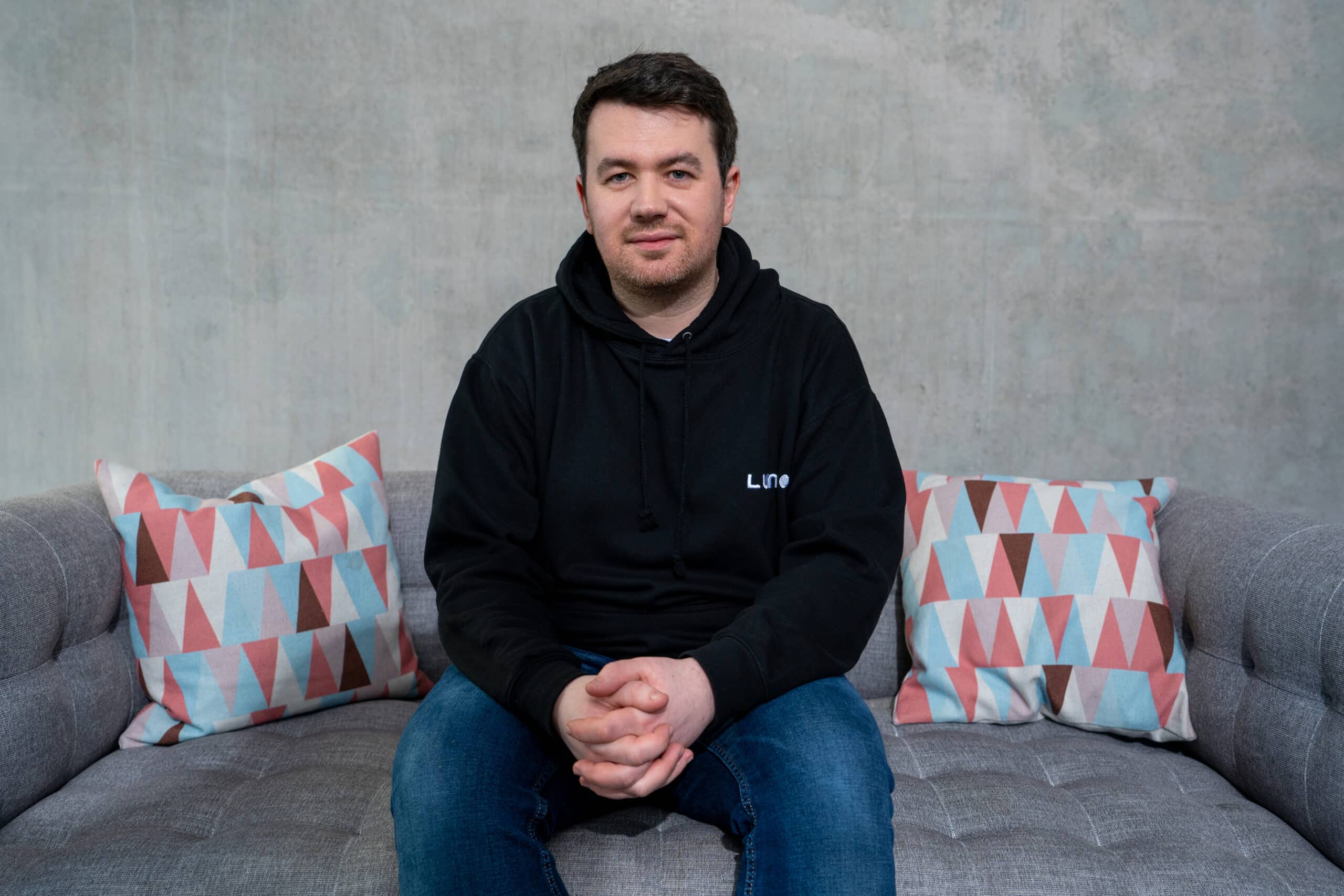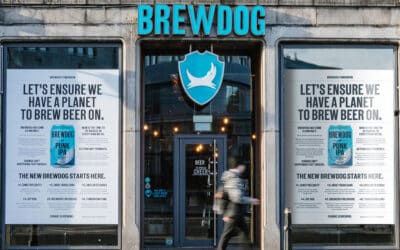Pointless clicks from bots, fake users and malicious fraudsters are blighting the global ad industry, with losses amounting to a staggering $120bn a year.
But Manchester-based Lunio wants to change this. Through its performance marketing efficiency platform, the company is helping marketers get the most out of their ad spend by catching those unwanted clicks.
“It’s a significant problem that’s growing. It’s not just the waste of actual ad spend, it is the impact of that ad spend being spent on bots rather than real people,” Neil Andrew, co-founder of Lunio, tells Prolific North.
“If you spend over £100,000 over a year on bots and that £100,000 would have generated £500,000 in revenue for the business, it’s not a £100,000 loss, it’s a £500,000 loss. It has a significant impact.”
Lunio works with more than 1,000 businesses including McDonald’s, eBay and Metro Bank through its SaaS platform.
Co-founded by Andrew, Alex Winston and Segev Hochberg in 2018, the platform was bootstrapped until 2020 when the trio first raised funding. “That’s when it really took off,” he says. Although unable to reveal existing revenues, he says revenue has grown seven-fold since 2020.
Last year, Lunio closed a $15m Series A funding round led by Smedvig Capital and an angel fund of senior leaders from Google and Warner.
As the platform continues to scale rapidly, there are some “really exciting developments” to expand Lunio’s product offering with plans to open an office in the US – potentially in Boston or New York.
“About a third of our revenue comes from the US at the moment and we don’t have any boots on the ground,” he says. “It’s unusual for a UK business to be doing a third of their revenue at our scale and selling from the UK so we’re looking at opening a US office either later this year or early next year.”
“You don’t need to be in the capital to build a tech unicorn”
It’s not just plans for the US – Lunio has just officially opened the doors to its new headquarters in Manchester too. It marks a big growth milestone for the company, moving from a six-person office three years ago to a city centre office with space for more than 100 staff. It’s needed now more than ever as the company has been on a hiring spree, boosting the team from 69 to 85 in just a few months.
“Every week, there have been multiple new people joining,” he explains. “The new office is a real selling point for the business. It helps us attract the best staff right and ultimately, that’s what we want. You want to pay well, provide good benefits and a good place to work. Hopefully we tick off all three.”
Rapidly scaling in just a few years, he believes Lunio could potentially become Manchester’s next tech ‘unicorn’. Unlike other scaling companies or unicorns, he wants to make sure Lunio’s headquarters remain in the North.
Manchester is where the founders’ roots are, where the business was founded and has “all the talent we need”, he explains. “All roots point back to Manchester, it has a great tech scene and is a hell of a lot cheaper than London! We have this belief that you don’t need to be in the capital to build a tech unicorn.
“The UK tech scene, in terms of creating unicorns, is woeful in comparison to the US and the VC industry is awful in the UK as well. There are a lot of things going against it but I do believe that Manchester is a great place to build and I think we’re well positioned to do it.”
Story behind Lunio
The Lunio solution was originally the “secret sauce” behind Andrew’s former digital marketing agency PPC Protect, which he ran alongside fellow co-founder Alex Winston.















